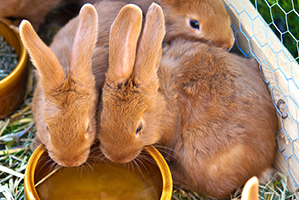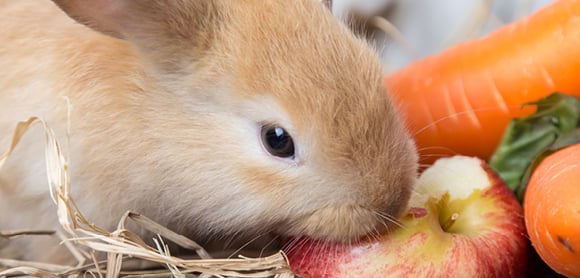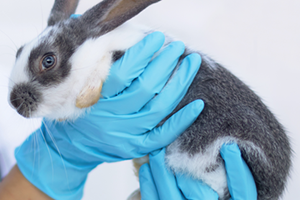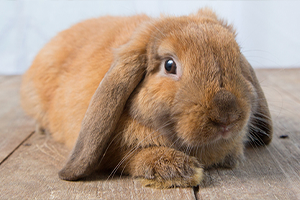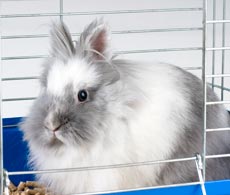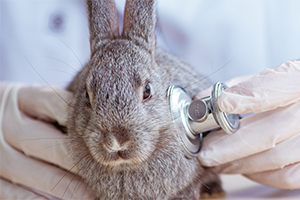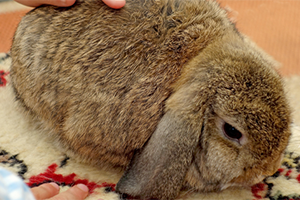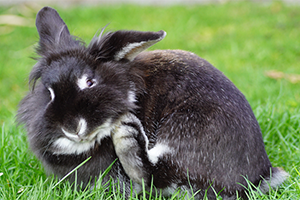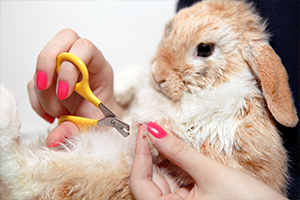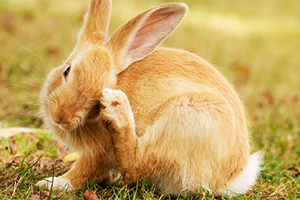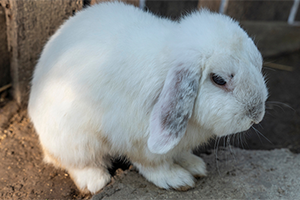Rabbit Viral Haemorrhagic Disease (RVHD) is a fatal illness that causes bleeding in a rabbit’s major organs such as the lungs, heart, spleen and kidneys. Unfortunately, it leads to sudden death in the vast majority of cases.
RVHD is a highly contagious virus. It mainly spreads in the summer months and largely affects wild rabbits, but can also spread to domestic rabbits. It can be spread through direct rabbit-to-rabbit contact, but is also spread by infected droppings, insects and other animals, as well as by humans.
Your rabbits might be infected if you walk in an affected area and then bring the virus back with you on your clothing and shoes. As a result, RVHD poses a risk to both indoor and outdoor rabbits.
The virus has mutated into two different forms – RVHD-1 and RVHD-2.



